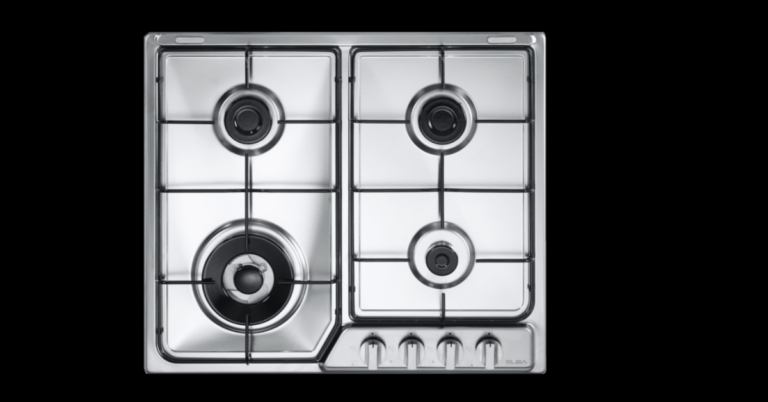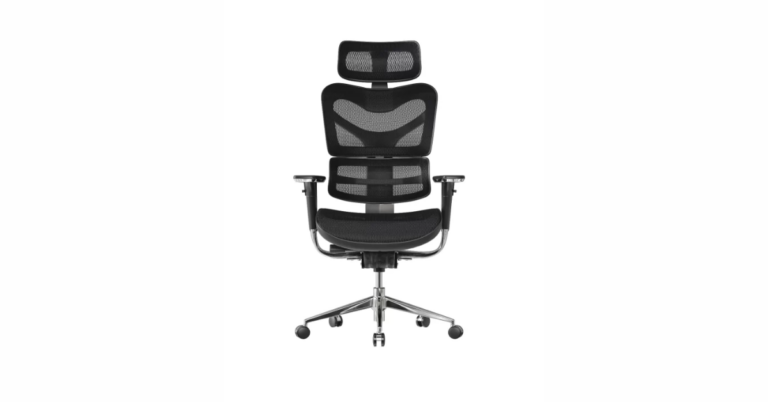Water Heater: Essential Guide to Choosing, Maintaining, and Repairing
A Water Heater is a crucial appliance in every home and business, providing the hot water necessary for daily activities such as bathing, cooking, and cleaning. Whether you are installing a new water heater or maintaining an existing one, understanding how water heaters work, the different types available, and common issues can help you make the best choice and extend the life of your appliance. In this article, we will explore everything you need to know about water heaters, from selection tips to maintenance advice and repair solutions.
What Is a Water Heater and Why Is It Important?
A water heater is a device that heats and stores water for domestic or commercial use. Without a reliable water heater, households and businesses would struggle to perform essential tasks comfortably and efficiently. A water heater can be powered by electricity, gas, solar energy, or other fuels, and it comes in various designs and sizes depending on the specific hot water needs.
Investing in a high-quality water heater ensures consistent hot water supply, reduces energy costs, and improves overall convenience. The right water heater also contributes to water conservation by providing hot water instantly without wasting excess water.
Types of Water Heaters Available
When selecting a water heater, it is important to understand the different types and how they fit your needs.
The most common types include storage tank water heaters, which heat water in a large insulated tank and keep it ready for use. These are affordable and widely used in many homes.
Tankless water heaters, also known as on-demand water heaters, heat water only when needed, making them more energy-efficient. These are ideal for households aiming to reduce energy consumption and save space.
Solar water heaters use energy from the sun to heat water, offering an eco-friendly and cost-effective solution over time. This type is gaining popularity in regions with ample sunlight.
Heat pump water heaters transfer heat from the air or ground to heat water and can reduce energy use significantly. These are efficient but may require a higher initial investment.
Each type of water heater has its pros and cons, so understanding your household size, hot water demands, and budget will guide you in choosing the best model.
How to Choose the Right Water Heater
Choosing the right water heater involves evaluating several factors to match your hot water needs effectively.
First, consider the capacity. The size of the water heater should correspond to the number of people using hot water in your home or the volume required for your business.
Next, think about fuel type availability and cost. Electric water heaters are easy to install and maintain, while gas models generally offer faster heating and lower operating costs.
Energy efficiency is another important factor. Look for water heaters with high energy efficiency ratings to reduce utility bills and environmental impact.
Installation space also matters. Tankless and compact water heaters can be installed in smaller areas, which is ideal for homes with limited space.
Finally, factor in the initial cost, maintenance requirements, and warranty. A quality water heater may have a higher upfront price but will save money in the long run with fewer repairs and lower energy consumption.
Common Water Heater Problems and Repairs
Water heaters, like any mechanical appliance, can experience issues over time. Being aware of common water heater problems helps you identify when repairs are necessary.
One typical problem is no hot water. This can be caused by a faulty thermostat, heating element, or pilot light failure in gas models.
Leaking water heaters are also common and may result from corrosion, faulty valves, or loose plumbing connections.
Strange noises such as popping or rumbling often indicate sediment buildup inside the tank, which affects efficiency and can damage the unit.
Water temperature that is too hot or too cold can signal thermostat issues or mineral deposits interfering with heating performance.
Slow recovery time, where the water heater takes longer than usual to heat water, is another sign that maintenance or repair is needed.
When these problems arise, it is essential to call a qualified technician to assess and fix the issue. Attempting DIY repairs on water heaters can be dangerous and may void warranties.
Maintenance Tips for Your Water Heater
Proper maintenance of your water heater extends its lifespan and ensures it operates efficiently.
Regularly flushing the tank to remove sediment buildup is one of the most effective ways to maintain a storage water heater. Sediment reduces heating efficiency and can cause damage.
Check the pressure relief valve annually to ensure it is functioning correctly. This safety feature prevents excessive pressure buildup.
Inspect the anode rod every few years. The anode rod helps prevent corrosion inside the tank and should be replaced if significantly corroded.
Adjust the thermostat to a safe and energy-efficient temperature, usually around 120°F (49°C).
If you have a tankless water heater, clean the filter and flush the system as recommended by the manufacturer.
Scheduling professional maintenance annually can help detect minor issues before they escalate into costly repairs.
Energy Efficiency and Water Heaters
Energy efficiency is a key consideration when selecting and maintaining a water heater. Efficient water heaters use less energy to produce the same amount of hot water, reducing utility bills and environmental impact.
Look for water heaters with Energy Star certification or high Energy Factor (EF) ratings. These models use advanced insulation, efficient burners or elements, and smart thermostats.
Upgrading an old water heater to a newer, more efficient model can save a significant amount of energy.
Using insulation blankets on older storage tanks can improve efficiency by reducing heat loss.
Timers and smart controllers allow you to schedule heating cycles to match your household’s hot water usage patterns.
Why Professional Installation and Repair Matter
Water heater installation and repair involve technical skills and safety considerations. Improper installation can lead to leaks, poor performance, or safety hazards such as gas leaks or electrical faults.
Professional technicians ensure that your water heater is installed according to local codes and manufacturer guidelines. They also verify that connections are secure and test the system thoroughly before completion.
When repairs are necessary, experienced technicians diagnose problems accurately and provide lasting solutions. They have access to genuine parts and tools designed specifically for water heaters.
Hiring professionals also means you benefit from warranties and reliable customer support.
FAQ: Water Heater
What size water heater do I need?
The size depends on the number of users and daily hot water consumption. For most households, a 40-50 gallon storage water heater is sufficient, but tankless systems are sized based on flow rate.
How long does a water heater last?
Storage water heaters typically last 8-12 years, while tankless water heaters can last 20 years or more with proper maintenance.
How often should I flush my water heater?
Flushing once a year helps remove sediment buildup and maintain efficiency.
Can I install a water heater myself?
It is recommended to hire a professional for installation to ensure safety and proper operation.
Why is my water heater leaking?
Leaks may be due to corrosion, loose valves, or pressure issues and should be inspected immediately.
Is a tankless water heater more efficient?
Yes, tankless water heaters heat water on demand, reducing energy consumption by eliminating standby heat loss.
What temperature should I set my water heater?
A setting of 120°F (49°C) balances energy savings and safety by preventing scalding.
Conclusion
A water heater is an indispensable part of your home or business, providing comfort and convenience every day. Choosing the right water heater, maintaining it regularly, and addressing repairs promptly ensures that you enjoy reliable hot water while minimizing costs. Whether you opt for a traditional storage water heater, a modern tankless system, or a solar-powered solution, understanding your options and proper care will help you make the most of your investment. Trust professional technicians for installation and repair to keep your water heater running safely and efficiently for years to come.







